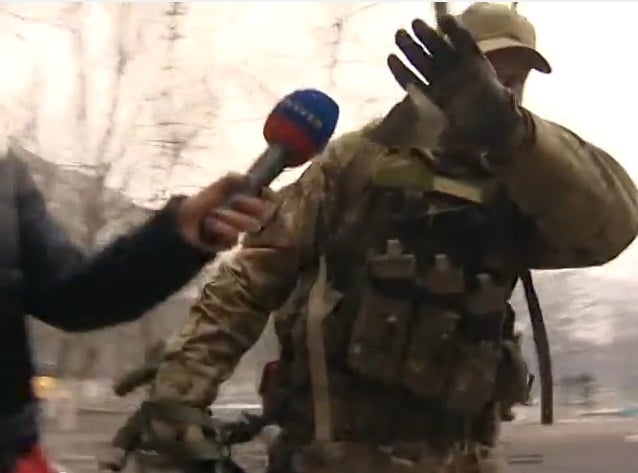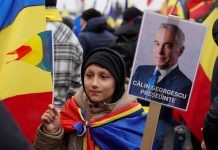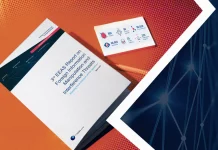A court rejected the attempt by the Soldiers’ Mothers of St. Petersburg to remove the designation of “foreign agent,” despite the fact that the group has no foreign funding.
Are There Foreign Soldiers Fighting in the Azov Battalion?
Суд признал законным внесение «Солдатских матерей» в список иноагентов http://t.co/tshwIbDF9w #СПб
— Невские Новости (@NevnovPR) January 27, 2015
Translation: the court pronounced lawful the entry of the Soldiers’ mothers into the list of foreign agents.
According to Aleksandr Peredruk, press secretary of the Soldiers’ Mothers, during the session at the October District Court, neither prosecutors or officials from the Justice Ministry could explain how “political activity” was defined.
The Ministry of Justice has said that there is nothing in the law that provides for removing the organization from the list. The Soldiers’ Mothers have pointed out in their defense that at the time they were placed on the list, they had no foreign financing, and do not have foreign grants currently, which were discontinued some years ago.
The Ministry’s original designation of “political activity” related to an appeal in March 2014 to resolve the Ukrainian conflict by peaceful means.
In a related action, the Justice Ministry has requested that the Soldiers’ Mothers be fined up to 300,000 rubles ($4,436) under the law for failure to register. Evidently the amount of the fine is still being determined.
The Soldiers’ Mothers and anti-war activists as well as independent journalists have confirmed at least 260 cases of Russian soldiers killed in Ukraine.
Thirty groups have been branded as “foreign agents” to date under the law passed by President Vladimir Putin in 2012, Human Rights Watch reports, including Memorial Human Rights Center, Lawyers for Constitutional Rights and Freedoms (Jurix) and Public Verdict.
The list can be seen here in Russian on the web site of the Justice Ministry.
In December, we reported on the designation of the Sakharov Center as a “foreign agent.” The label was arbitrarily based on comments made by participants in a panel discussion, and an appeal to end the conflict with Ukraine on humanitarian grounds. Following the example of other groups, the Sakharov Center is hoping to sue the Justice Ministry in order to remove the label, which is based on overbroad interpretation of “political activity.”
By liveblog team of The interpreter







 — Catherine A. Fitzpatrick
— Catherine A. Fitzpatrick


